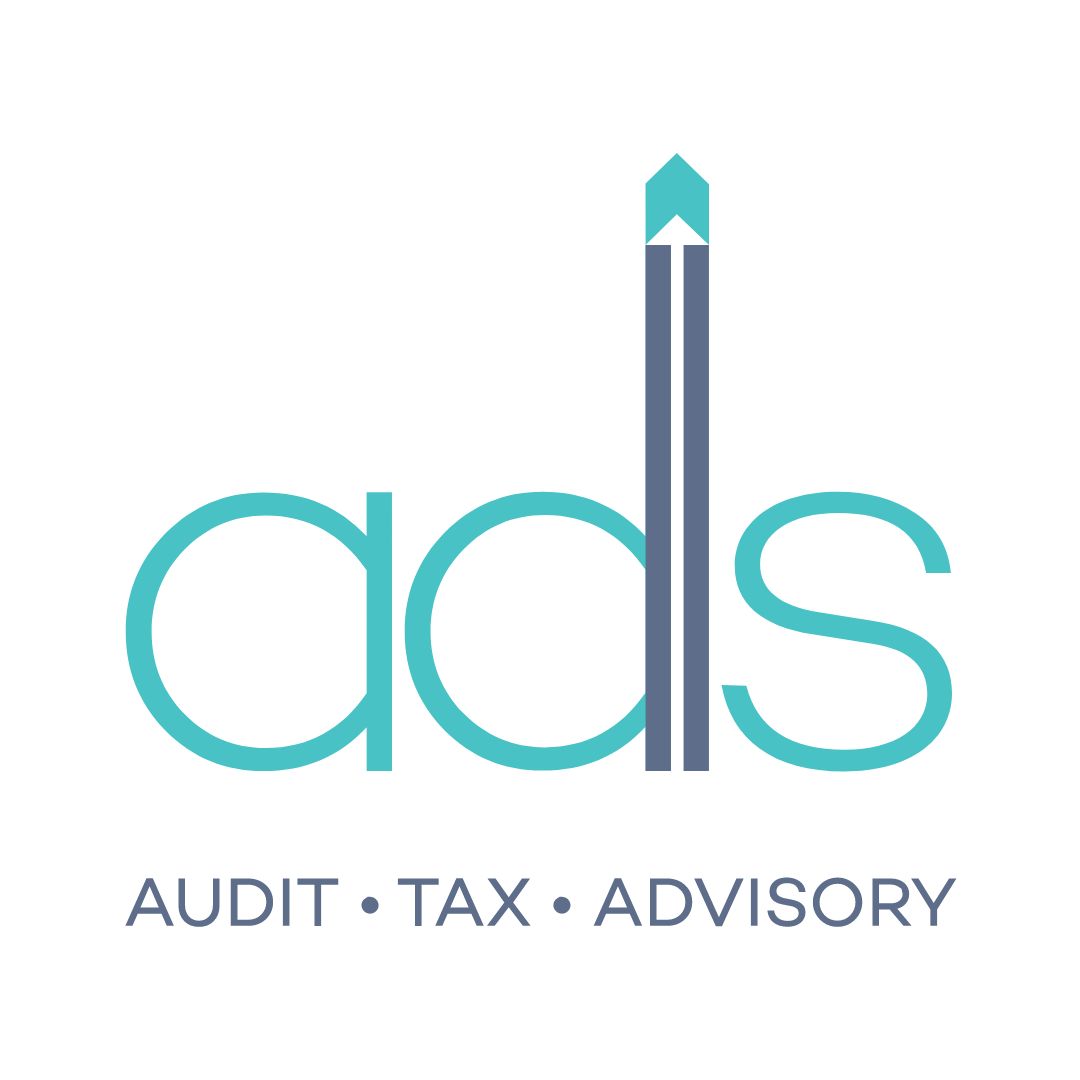Accounting is the foundation of a successful business. Whether you’re a new entrepreneur or an experienced business owner, keeping track of finances is essential for stability and growth. This two-part series, The Art of Managing your accounts, will break down the key principles you need to understand on how to manage your accounts on a base level.
In Part 1, we will explore the basics of accounting and UAE-based tax regulations. Effectively managing your business finances is crucial for achieving long-term success. It allows for proper oversight of your funds and agreement to legal requirements. Although many experience anxiety about financial management, it is an essential aspect of operating a business. Even with a solid concept, comprehensive research, and effective leadership, inadequate financial practices can result in failure. Gaining proficiency in basic accounting is vital for keeping your business running and sustainable.
With VAT and corporate tax now in place, it is more critical than ever to maintain clear and precise records. Being aware of your tax responsibilities and managing your finances wisely will assist your business in remaining on track. While employing an accountant or tax consultant can lighten the load, it is still important for every business owner to understand the basics of accounting.
Understanding the Basics of Accounting
Accounting is the foundation of every successful business. It involves recording, analyzing, and managing financial transactions to ensure your company remains financially stable and compliant with tax regulations. Whether you are a freelancer or an entrepreneur, understanding basic accounting principles will help you make informed financial decisions, track your income and expenses, and meet legal obligations. Knowing the basics of tracking income, expenses, and cash flow, ensuring that your business meets corporate tax and VAT requirements will not only help you in the smooth flow of your accounting but also help in increasing your business performance and help in making business decisions and allocating resources effectively, increasing your growth.
When covering the basics, there are some key accounting terms that every business should know. There are some basic terms we all know, like assets, liabilities, equity, revenue, and expenses; however, we would like to introduce some more important terms that are not widely used in our everyday conversations:
Bookkeeping: The process of recording financial transactions systematically
Cash Accounting: The Revenue and expenses that are recorded when cash is received or paid
Accrual Basis Accounting: Recording revenue and expense related items when they first occur.
Accruals: Revenues and expenses that are recognized by a company but not yet recorded in their accounts are known as accruals (ACCR)
Balance Sheet: A balance sheet is a standard financial statement. It complies the business’s current state regarding its assets, liabilities, and owners’ equity
Single-Entry Bookkeeping: Single-entry bookkeeping records all revenues and expenses with a single entry in the company’s books, also known as single-entry accounting
Double-Entry Bookkeeping: Double-entry systems record each financial transaction twice: once as a credit, and once as a debit. When the sum total of all recorded debits and credits equals zero, the accounting books are considered “balanced”
General Ledger: Businesses and organizations use a system of accounts known as ledgers to record their transactions. All ledger accounts have a master account known as the general ledger holding a complete record of all transactions taking place within a certain accounting period
Overhead: Overhead costs are something that describe expenses that do not directly contribute to a company’s products or services, but are necessary to sustain business operations. Their Examples include rent, marketing and advertising costs, insurance, and administrative costs
UAE Based Tax Regulations
If you are a company working in the UAE, then it’s important for you to be informed about the tax regulations in the UAE and also be notified about the changes made by the Federal Tax Authority (FTA) regularly. The foremost thing to do is to make sure that you are registered with the FTA and maintain accurate financial records in line with internationally accepted accounting standards, such as IFRS.
The table below outlines various taxes, their applicable entities, and corresponding rates:
| Type of Tax | Applicable Personnel/Business | Rate of Tax |
| Social Security | UAE and other national GCC Employees | 20% |
| Withholding Tax | – | 0% |
| Customs Duty | Anyone who transfers goods across international borders | 5% of the Cost, Insurance and Freight (CIF) |
| Property Transfer tax | Anyone who is buying or selling their property | 2% – 4% varies by emirate |
| Corporate tax | Business profits over AED375000 | 9% |
| Value Added Tax(VAT) | Most goods and services | 5% |
| Tourism Tax | Tourism Services | 6%-10% |
Value Added Tax(VAT) : First implemented in January 2018 VAT is an indirect tax, the UAE levies a 5% VAT tax on most goods and services except for school education, transportation and basic healthcare.
- Mandatory VAT Registration: Required for businesses with annual sales exceeding AED 375,000.
- Voluntary VAT Registration: Allowed for businesses with annual sales, expenses or local purchase orders exceeding AED 187,500
Corporate Tax : Starting from June 2023, UAE imposed a 9% corporate income tax which is a direct tax on business profits exceeding AED 375000.
- Regulated Under: Corporate tax in the UAE is regulated under Federal Decree-Law No. 60 of 2023, which amends specific provisions of Federal Decree-Law No. 47 of 2022 concerning the taxation of corporations and businesses. This legislation outlines the rules and requirements for corporate taxation, ensuring compliance with the country’s evolving tax framework.
- Applicable to: Companies who are based in UAE, individuals doing business activities from UAE and foreign firms with a permanent establishment in UAE are subject to corporate tax.
- Exemptions: Businesses who are in the extraction of natural resources, dividends and capital gains earned by a UAE business and qualifying intra group transactions.
Excise Tax : For promotion of public health and environmental sustainability UAE imposes excise tax on certain products.
- On Tobacco and energy drinks : 100% tax
- On carbonated and sugary drinks : 50% tax
Domestic-Minimum Top up Tax (DMTT) : According to the Federal Decree-Law No. 60 of 2023, UAE has issued Cabinet Decision No. 142 of 2024 on implementation of top up taxes on MNCs. This step shows UAEs commitment to implementing the Organisation for Economic Co-operation and Development’s (OECD) , an establishment aimed at keeping the fair and transparent global taxation system aligned with international standards.
Compliance Obligations: Businesses are required to register with the Federal Tax Authority (FTA) and keep the financial record updated according to the international law stated by the International Financial Reporting Standards(IFRS). Some of the key compliance keeping areas are;
- Financial Reporting and auditing: Record keeping of Businesses, annual audits, auditor appointment with the UAE ministry of economy and audit record retention
- Taxation: It’s important to be up to date with VAT registration that is quarterly VAT filing with your purchase and sales tax invoice and corporate tax.
- Regulatory Compliance: It’s important to keep in mind the Ultimate Beneficial Owners(UBO) disclosure and anti-money laundering and counter-financing regulations so that you follow the guidelines set by the government.
Managing accounts is a skill that demands precision, dedication, and continuous attention. Navigating tax regulations, compliance requirements, and financial reporting can often feel like searching through a complex net of numbers, deadlines, and evolving policies. Even with a solid grasp of accounting principles, the intricacies of financial management can quickly become overwhelming, and that’s where expert guidance becomes a necessity. At ADS Management Tax Consultancy LLC, we do more than just balance the books—we become your trusted financial partner. From tracking daily transactions to ensuring absolute tax compliance, we provide the expertise and support needed to keep your finances in perfect order, allowing you to focus on growing your business with confidence.
This concludes Part 1 of The Art of Managing Your Accounts. Stay tuned for Part 2, where we will dive deeper into bookkeeping techniques, financial planning strategies, and tax-saving tips to optimize your business finances.

